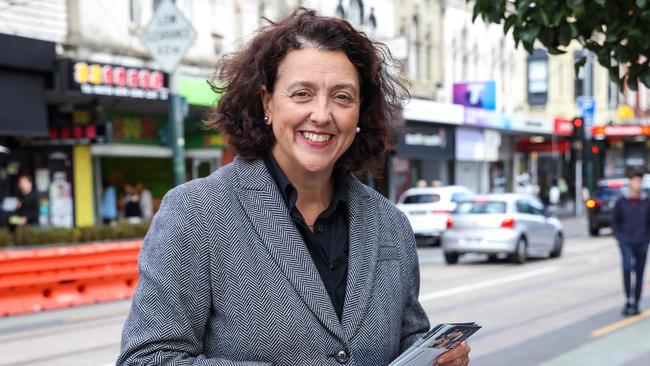
By the way, this represents a terrible decline by the Greens. Years ago, on TV and in print, I frequently praised former Greens leader Bob Brown when he was almost the only mainstream politician making a serious critique of human rights in China while the major parties were locked in a conspiracy of silence, as they didn’t want to upset trade.
The teal independents are worse than the Greens. Their view of national security seems to be that an extremist position on climate change solves all other security issues. They are best seen as the latest wave of populists – like so many populists, funded by a white billionaire – to infest our political system.
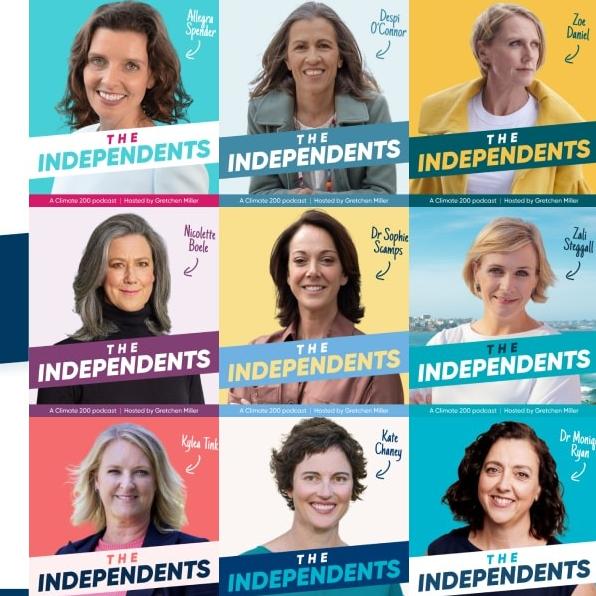
The defining characteristic of populists is that they offer a slice of voters the most simplistic version of whatever it is they want – some welfare payment, fewer foreigners, fewer imported goods, strong national identity, full employment, universal incomes, whatever. They do this without realism, especially no sense of the trade-offs and compromises involved in any effective policy delivery. The populist rhetorical method, whether left or right, is to vanquish, refuse to acknowledge, any complexity that gets in the way of the big populist promise.
The teal independents are not only populists, they are extremists, thinking apparently there is no cost at all to the super maximalism they advocate on climate change policy.
This produces not only extreme and destructive and incoherent policy, it is a recipe for ineffective policy.
Thus you could substantially reduce Australia’s greenhouse emissions by abolishing aluminium smelting, a big step to net zero, you might think. But if Australians continue to buy and use as many aluminium products as before, the aluminium will be produced overseas. So there will be no net reduction in global emissions, plus there will be extra emissions transporting the products back to Australia. The aluminium will also be produced under less stringent environmental regulations.
Even when delivered by teals with upper-crust accents, simplistic populism produces bad policy. The teal independent running against Josh Frydenberg in Kooyong recently told an interviewer it was unreasonable to ask her what her policies would cost. Therein lies the dumbing down and childish simplification of complex policy issues. Barnaby Joyce is the Aristotle of policy complexity and a complete shirker in populism when compared with the teals.
An Albanese government with a majority of six seats would be infinitely better than an Albanese minority government relying on teals and Greens. Likewise, a majority Morrison government. A minority government relying on single-issue populists and extremists is a recipe for instability and incoherence. It also licences any government backbencher, feeling a moment of frustration, to hold government to ransom in some narcissistic tantrum.
Greens and independents have already produced crippling instability and dysfunctional policy. I was critical of Kevin Rudd’s proposed emissions trading scheme. But he had a mandate for it and it was coherent policy. Greens senators blocked it. Thus although Rudd won a handsome majority in 2007, he never got to implement the policies he was elected on and the electorate never had the opportunity to judge him on those policies. Instead, Rudd lost the prime ministership in an internal coup, a process was repeated on Julia Gillard, Tony Abbott and Malcolm Turnbull.
The teal exploitation of compulsory preferential voting is becoming undemocratic as well. When preferential voting worked, it forced every voter to choose between one of the two main parties, while registering a protest vote along the way if they liked. The Westminster system relies on a party, or coalition, hammering out internal compromises to present a coherent program. Single-issue independents are the absolute opposite of this.
The main parties have themselves contributed mightily to their declining legitimacy. That the respective leaders took over preselections in Victorian Labor and NSW Liberal is a grotesque betrayal of democratic culture. As is, now, compulsory preferential voting.
In the current system, Frydenberg, or the Liberals’ Dave Sharma in Wentworth, could win, say, 43 per cent of the primary vote to the teal’s 25 per cent. If Labor got 15 per cent and the Greens 10, Frydenberg or Sharma could lose. So the candidate with 43 per cent loses to the candidate with 25 per cent. In truth, thousands of voters do not take seriously the allocation of their second preferences, but the parties, Labor or Green, print how-to-vote cards that most of their voters follow automatically.
For a long time I lived in an extremely multicultural part of Sydney. Within the polling area I was often approached by older people from a non-English-speaking background asking for help filling out their ballot papers. At the very least, we should switch to optional preferential voting, as state elections have. In seats where Liberals are at risk to teals, Labor and Greens are intentionally running dead but making sure to harvest the second preferences of their core voters. This is undemocratic in spirit. It’s a lower house form of preference-whispering, victory by tactical voodoo.
It is also intensely undemocratic that the teal independents will not say which side of politics they would favour to form a government if there is a hung parliament. I did an ABC Q&A episode with the teal candidate in Wentworth, Allegra Spender, and pressed her on this. Her absurd non-answer included the excuse that Labor had not yet released all its policies. So after nine years of Coalition government and despite endless detailed pledges from Labor, Spender really has no preference between the two?
In Kooyong the teal challenger, Monique Ryan, actually refused a Channel 9 debate with Frydenberg (she agreed to a Sky TV debate). Has there even been an obscure independent challenging a cabinet minister and not wanting the platform to argue their case in public? It strongly implies a desire to avoid rigorous scrutiny, which suggests a movement trying to sneak into parliament. This mocks the spirit of democracy.
There are significant differences between Morrison and Albanese, but they are both decent human beings who would do their best by Australia and try to lead coherent governments. Whereas a vote for the Greens or the teals is a vote for chaos, populism and extremism, however dulcet their tone of voice.


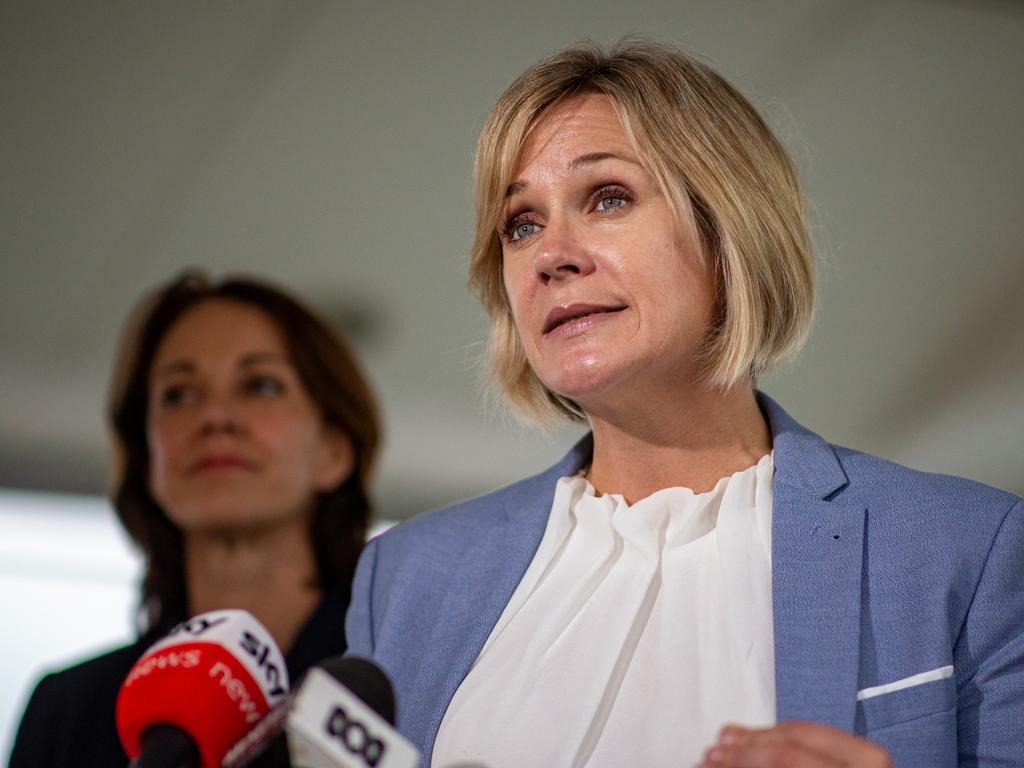
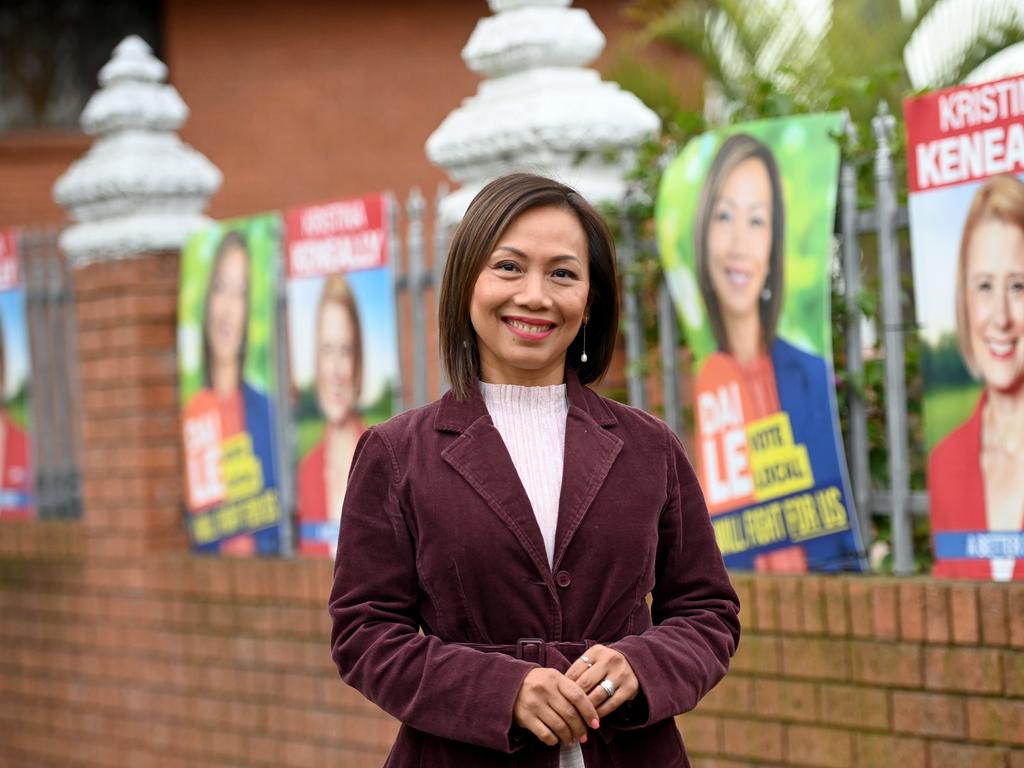
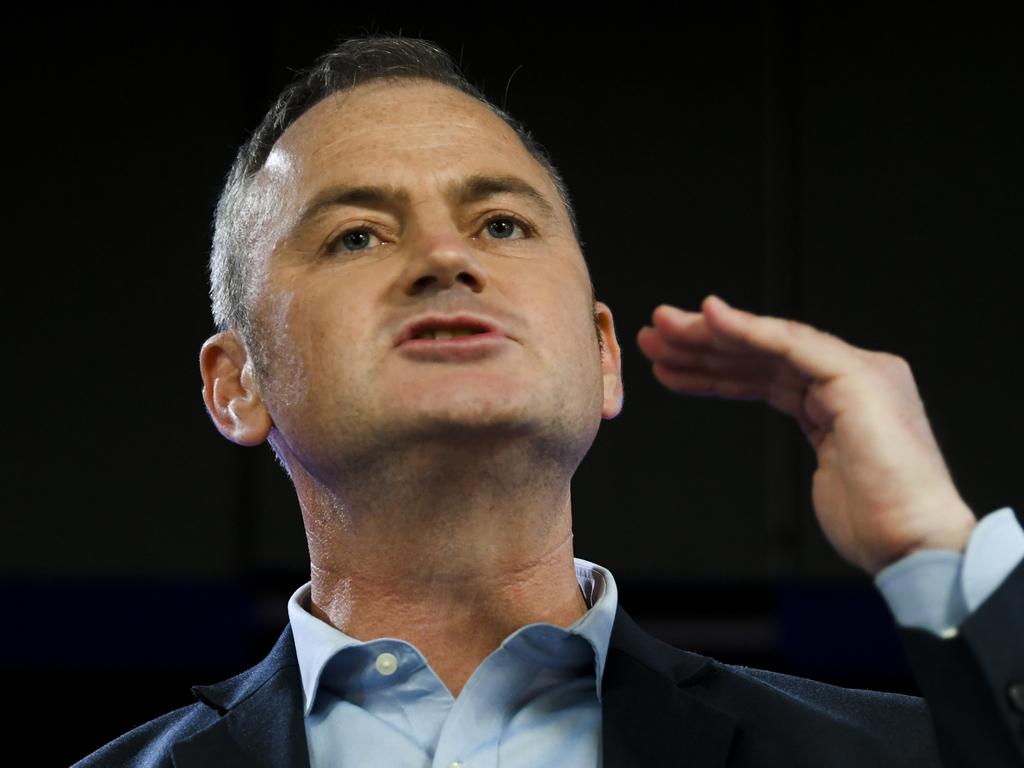



The most destructive, harmful and dangerous vote anyone can make in the forthcoming election is for a teal independent or the Greens. They are both a direct threat to our national security. The government and Labor, and most strategic analysts, tell us, correctly, that these are uniquely challenging times strategically and militarily. Yet the Greens’ position on defence is nearly insane – they, almost uniquely in the entire world, think China presents no strategic challenge and they want to slash our already feeble military capability.